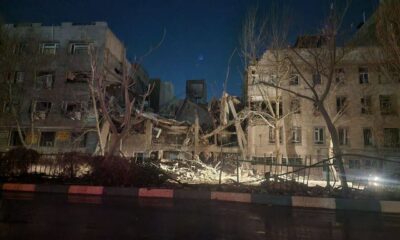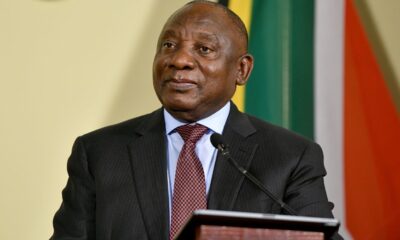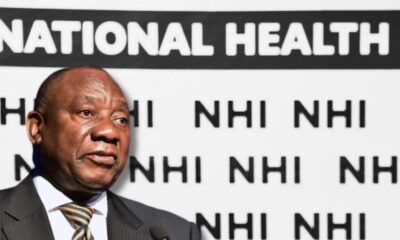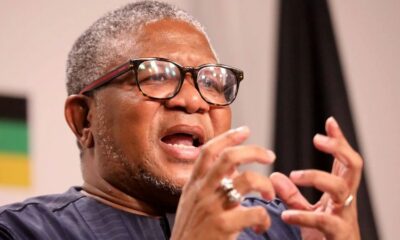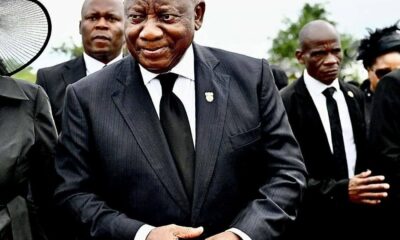News
National Dialogue Risks Losing Credibility Amid Boycotts and Leadership Rifts
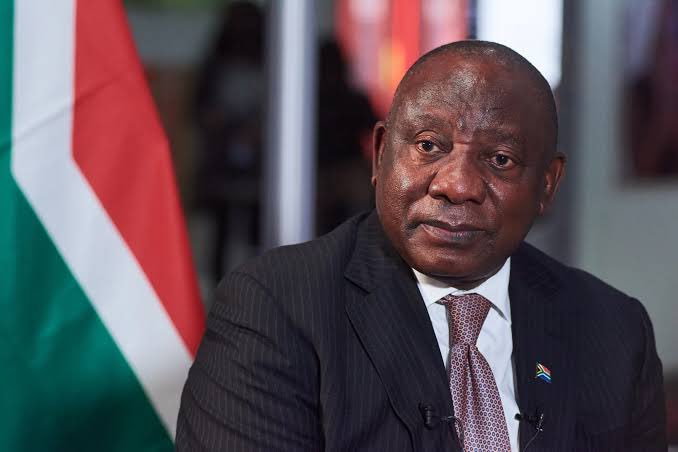
A Promising Idea Off to a Rocky Start
When former president Thabo Mbeki first proposed a National Dialogue, it was framed as an opportunity to put ordinary South Africans, civil society, faith leaders, unions, and communities, at the centre of shaping the nation’s future. Unlike the elite-driven Codesa talks of the 1990s, this new dialogue was meant to be rooted in the voices of the people.
But as the first two-day convention got underway in Pretoria, the vision already appeared to be unraveling. Several key foundations and political parties stayed away, citing distrust in how the process is being run under President Cyril Ramaphosa’s watch.
Who’s Missing?
Six legacy foundations linked to anti-apartheid stalwarts, along with the FW de Klerk Foundation, chose to boycott the gathering. They argued that the dialogue was being rushed and overly centralised in the presidency, rather than truly driven by citizens.
Later, the Kgalema Motlanthe Foundation also pulled out, explaining that its mandate was not aligned with partisan or political projects. On the political front, opposition parties including the DA and Freedom Front Plus declined to participate. Their absence raised alarms about the lack of representation for large portions of South Africa’s population, particularly minority communities.
Ramaphosa vs. Mbeki: A Battle of Visions
At the heart of the tension is a clash of leadership styles. While Mbeki imagined civil society steering the process “for the first time,” Ramaphosa asserted his presidential authority at the event, telling delegates he must be “allowed to be the president.”
Some observers saw this as a subtle jab at Mbeki, who has been vocal about his disappointment in the way the initiative has unfolded.
Political analyst Daniel Silke described the effort as “a botched attempt at something that could have been beneficial,” warning that the absence of influential leaders undermines the credibility of the entire dialogue.
A House Divided
The boycotts have also revealed cracks within the ANC’s broader ecosystem. Silke noted that even ANC-linked organisations are openly frustrated with Ramaphosa’s leadership style. “It seems the ANC can no longer rely on its veterans to provide support,” he said. “The self-criticism within the party is spilling out very publicly.”
Still, not everyone agrees that Mbeki’s way is the only way. Political analyst Dr. George Tsibani argued that Ramaphosa should be given the space to lead the process as the sitting president, urging critics to let the dialogue evolve rather than dismiss it prematurely.
Why This Matters
For a country facing deep inequality, rising unemployment, and eroding public trust in government, a genuinely inclusive dialogue could be transformative. It could offer ordinary citizens a rare seat at the table, beyond the usual party-political battles.
But without broad buy-in, the initiative risks becoming just another ANC-controlled exercise—one that fails to capture the imagination or trust of South Africans across the political and social spectrum.
Public Mood: Skepticism and Fatigue
On social media, many South Africans have voiced cynicism, calling the dialogue another “talk shop” unlikely to produce real change. Others lamented the absence of key players, saying the process already feels compromised.
For now, the National Dialogue sits at a crossroads: it could either evolve into a historic moment of unity and citizen-driven renewal, or fade into the long list of political promises that never lived up to their billing.
{Source: The Citizen}
Follow Joburg ETC on Facebook, Twitter , TikTok and Instagram
For more News in Johannesburg, visit joburgetc.com

